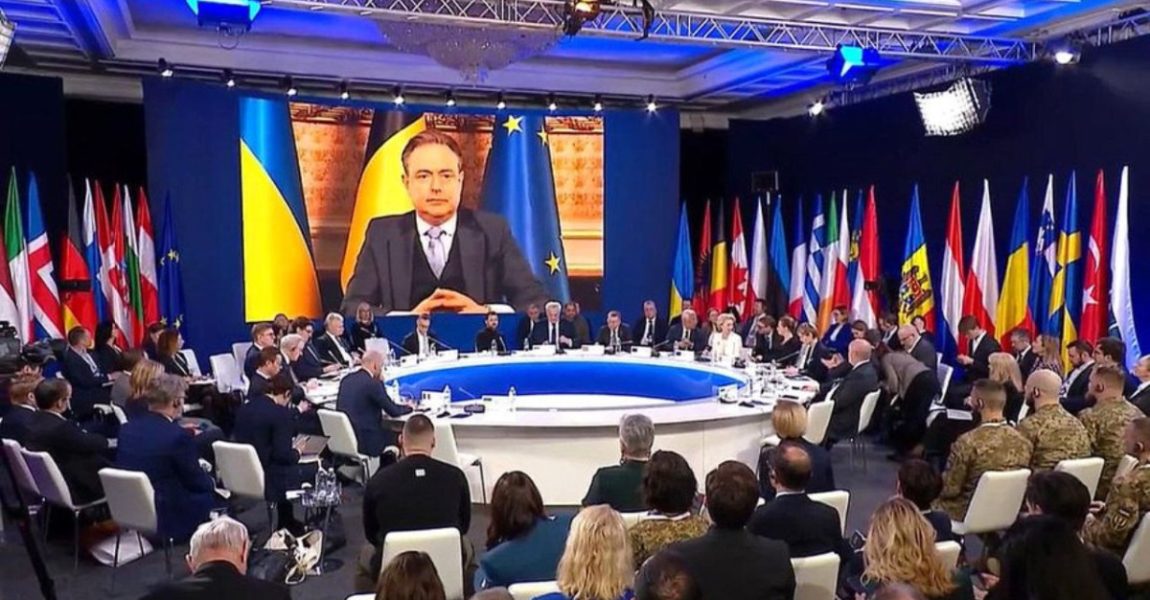
Belgium PM Bart De Wever is a Belgian historian, author, and politician who has served as the Prime Minister of Belgium since February 3, 2025. He is the leader of the New Flemish Alliance (N-VA), a right-wing nationalist party advocating for greater regional autonomy for Flanders. De Wever is also the first Flemish nationalist to hold the office of Prime Minister in Belgium. WikipediaFinancial Times+1Wikipedia+1
Belgium PM Bart De Wever: Early Life and Education
Born on December 21, 1970, in Mortsel, Belgium, De Wever grew up in Kontich, where his parents owned a small supermarket. His father was briefly active in the Vlaamse Militanten Orde and later became a local administrator for the Volksunie. De Wever’s grandfather was the secretary of the Flemish National Union, a far-right party during the Nazi occupation of Belgium. De Wever has stated that his grandfather did not collaborate with the Nazis. Wikipedia
De Wever initially studied law at the University of Antwerp but switched to history at Saint Ignatius University Centre and later at the Catholic University of Leuven (KUL), where he graduated with a master’s degree. During his studies, he was involved in conservative student organizations and worked as a research assistant on the Nieuwe Encyclopedie van de Vlaamse Beweging. Wikipedia
Belgium PM Bart De Wever: Political Career
De Wever’s political career began in the People’s Union (Volksunie), which he joined in the early 1990s. In 2001, he became a founding member of the N-VA, which split from the Volksunie. He became the party’s leader in 2004 and led it to become the largest party in both Flanders and Belgium in the 2010 federal elections. De Wever has since been re-elected in every federal election, solidifying his position as a dominant figure in Belgian politics. Wikipedia
From January 2013 to February 2025, De Wever served as the Mayor of Antwerp, where he implemented strict anti-drug policies and focused on urban development. He also served as a Member of the Chamber of Representatives and the Flemish Parliament during various periods. Financial Times+1Wikipedia+1Wikipedia
In the 2024 federal elections, De Wever’s N-VA became the largest party in the Chamber of Representatives. After eight months of coalition negotiations, he was appointed Prime Minister on February 3, 2025, leading a coalition government known as “Arizona,” comprising N-VA, CD&V, Vooruit, MR, and Les Engagés. WikipediaEl País+2Financial Times+2Wikipedia+2
Belgium PM Bart De Wever: Policy Positions and Ideology
De Wever is a conservative and Flemish nationalist. He admires figures like Edmund Burke, Margaret Thatcher, and Friedrich Hayek. His political philosophy emphasizes gradual Flemish secessionism and the transformation of Belgium into a confederal state. He has stated that he is not working toward the immediate end of Belgium but believes the Belgian state is in a natural process of coming to an end. Wikipedia
As Prime Minister, De Wever’s government focuses on welfare and tax reform, stricter immigration policies, reductions in European Union regulations, expanding nuclear power, and increasing Belgium’s defense spending to meet NATO commitments. Wikipedia
Belgium PM Bart De Wever: Personal Life
De Wever is married to Veerle Hegge, and they have four children. He resides in Deurne, Belgium. Wikipedia+1Le Monde.fr+1
Controversies
De Wever has faced criticism for his past associations and statements. In 1996, he attended a conference held by French extreme-right leader Jean-Marie Le Pen. In 2007, he downplayed Antwerp’s role in the deportation of Jews during World War II, leading to accusations of historical revisionism. He later apologized for these remarks. In 2016, he criticized German Chancellor Angela Merkel for her handling of the 2016 terrorist attacks in Germany. Wikipedia
Recent Developments
Since assuming office, De Wever has been active in European politics, attending EU defense meetings alongside leaders like Italy’s Giorgia Meloni and Czechia’s Petr Fiala. He has emphasized the need for stricter migration policies and a more assertive European defense strategy. El País
De Wever’s leadership marks a significant shift in Belgian politics, with a right-wing nationalist party taking the helm of the federal government for the first time. His tenure is expected to influence both domestic policies and Belgium’s role within the European Union.
Africa: BRIEF ON ACTIVITIES OF THE PAN-AFRICAN PARLIAMENT: MARCH – MAY 2025
Canada: Who is Mark Carney, the new Prime Minister of Canada


